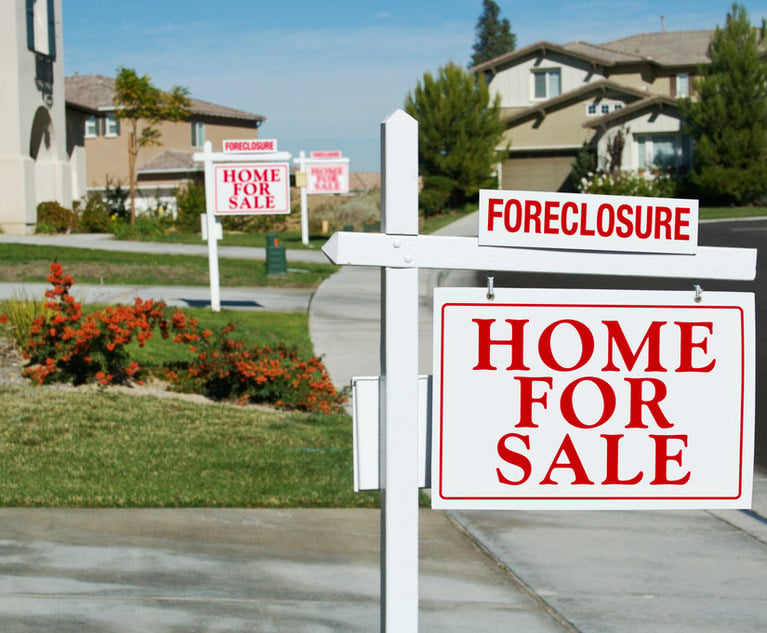Since the outbreak of the coronavirus, Gov. Murphy has issued more than two dozen executive orders. Most recently, Executive Order No. 128 (E.O. 128) issued on April 24, 2020, provided relief for residential tenants by allowing the tenant to direct his or her landlord to apply the tenant’s security deposit to rent payments that become due and owing after the “State of Emergency” declaration on March 9, 2020.
More than 850,000 New Jersey residents filed unemployment claims since mid-March, likely resulting in many missed rent payments. There is no question that Gov. Murphy’s order will help New Jersey residential tenants stay out of default and make their April and May rent payments. Many view this as a rational policy decision. In addition to providing stable housing for tenants, there are other potential benefits. Millions of dollars in residential security deposits sit untapped in bank accounts. The governor’s executive order provides much-needed liquidity to the residential real estate economy—landlords will receive millions of dollars in rent payments that likely would have gone unpaid, thereby helping landlords pay their own mortgages and stay out of default (and even foreclosure) with their lenders. But, putting aside the rationality of the policy and its likely societal benefit, particularly to hard-hit tenants, was it constitutional and within the scope of his emergency powers?


 Bigstock
Bigstock




